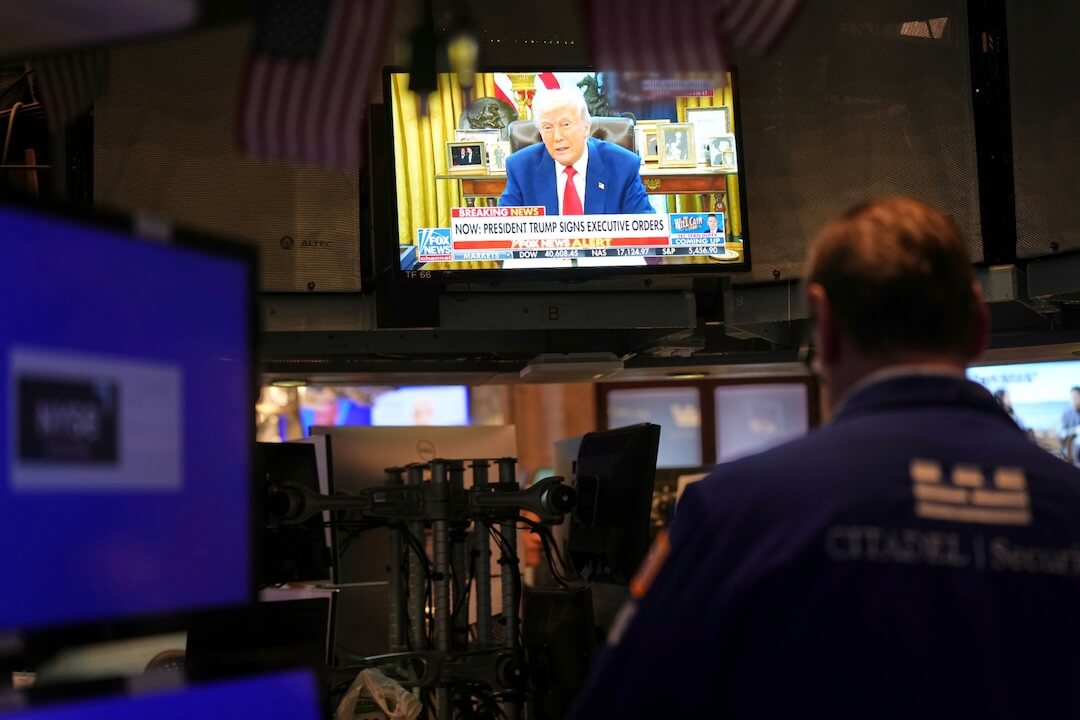In a “Science Friday” episode from 1994, host Ira Flatow wondered about the future of the newspaper.
“Should it stay the way it is? Should it become more user-friendly online?” Flatow invited people to call in “and if you have access to America Online or CompuServe, you can join a live discussion.”
Today’s “Science Friday” takes a look back at that show 22 years ago with Pew Research Center’s Amy Mitchell and former Poynter.org editor and Poynter Affiliate Bill Mitchell. Mitchell was a guest on the original show and was, at the time, director of electronic publishing at the San Jose Mercury News. He was joined by John Morton, a newspaper analyst.
When asked for observations about topics he discussed 22 years ago, Mitchell shared a note he sent to “Science Friday” Director Charles Bergquist.
“A big picture thought: Some analysts argue that newspapers’ ‘original sin’ in the digital era was failing to charge for access on the web. I wonder if, instead, it was failure to build the sort of platform that would provide that access in a variety of money-making ways.”
2016 listeners to the 1994 conversation will find we now have many of the things the guests and callers were grappling with back then. Here are three of them.
1. They called it on tablets and smart phones
Flatow asked Morton to look into his crystal ball 10 years from now, maybe 20, and predict what our newspapers would be like. Morton thought that online would continue being a supplement to the printed product.
We’re also going to have a development in which you will actually see a newspaper printed on, say, a flat panel display screen in your home, for example, and using some kind of clicker. You can turn the pages on that just as surely as you do it now with newsprint. That’s a long way off. The technology is available, but not inexpensive enough, unfortunately, but probably that is going to come at some point. I’m not sure anybody can predict when, but it’s probably going to be at least 20 years.
Morton also predicted a “book-sized receiver.”
2. One caller basically imagined a printed version of Facebook’s News Feed
James in Madison wondered when personalized newspapers would show up. “I’m thinking about printed stuff you get in the morning,” he said. “It’s just my newspaper would be slightly different than my neighbors’.”
Mitchell thought local zoning was a step in that direction.
But I think what James is talking about is something much more sophisticated, where he could give us a profile of things he’s especially interested in, whether it’s Wisconsin politics or the Boston Red Sox, and we would fulfill the particular demands of that profile…I think we’re gonna see a great deal more of that, but more in the electronic area because there’s far less cost involved than trying to do that in a traditional newspaper.
2016 Mitchell writes “this strikes me as a rich area in light of last week’s controversy surrounding Facebook’s trending stories. As Frank Bruni points out, among the downsides of digital media is their capacity to narrow our perspectives and, absent much in the way of common documents, to make it all the more difficult to find common ground.”
3. William in Minneapolis nailed it on issues of advertising, privacy and even ad blockers
“I would read a newspaper that was on a large flat panel screen,” he began. “I would not do it if it was on a small flat panel screen.”
His question: “What about selection of ads? What happens when the newspaper has all this information from the credit card companies? Are we getting ad selection and targeted ads?”
“More junk mail you mean?” Flatow asked.
“Electronic junk mail in our electronically-selected newspaper, or alternatively if we have systems that will eliminate the kind of selected advertising information … And then how do we pay for it?”
“You want everything, William,” Flatow joked.
You can listen to the entire show from 1994, which brought up more questions that turned out to be pretty prescient. There’s also evidence that newspapers weren’t really worried about ever losing advertisers and a belief that despite the unknown challenges ahead, journalism would be protected.
“I think we do give up some control over what gets published, and I don’t think that’s a bad thing,” Mitchell said in 1994.
“Everyone becomes a publisher, in a sense,” Flatow said.
Mitchell agreed.
“Indeed.”







